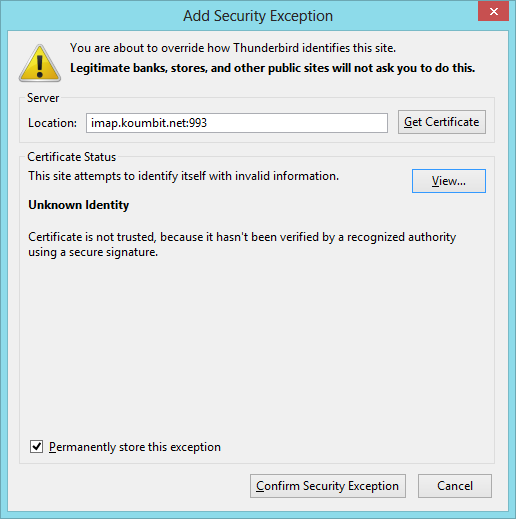

The downside is that this means changing your development workflow, not ideal if you are more comfortable with what you already have, especially if it already matches your production environment. One way to work around this is to switch your local WordPress development environment to something like LocalWP, DevKinsta, or even Laravel Valet which offer local SSL solutions out of the box. Other browsers have different messages, but the gist is the same. If you’ve ever tried to browse to a local site via HTTPS, which doesn’t have an SSL certificate configured, you’ve probably seen the following message in Chrome: Even in a situation where you can’t mirror your production environment perfectly, you’ll still want to run HTTPS locally, or you’ll be fighting with mixed content SSL warnings all day long. Running HTTP when your production site is HTTPS-only is definitely an unnecessary risk. When it doesn’t, you invite more issues showing up in production that didn’t show up in development.

You definitely want your development environment to mirror production as closely as possible. The production site is an Ubuntu server running on DigitalOcean with an almost identical configuration. Why not just use regular HTTP locally? Because if your production site is HTTPS-only and you’re developing locally on regular HTTP, your development and production environments are not as similar as they could be.įor example, my development environment for this site (and SpinupWP) runs as an Ubuntu server in a VMware virtual machine (VM) on my Mac. If you prefer to learn visually, our video producer Thomas has created a video for you that outlines the steps involved in creating your own local CA. Creating CA-Signed Certificates for Your Dev Sites.Becoming a (Tiny) Certificate Authority.In this article, we’ll walk through creating your own certificate authority (CA) for your local servers so that you can run HTTPS sites locally without issue. Even if you do manage to generate a self-signed certificate, you still end up with browser privacy errors. Creating a local SSL certificate to serve your development sites over HTTPS can be a tricky business.
#AVAST SERVER CERTIFICATE DOES NOT SEEM TO BE VALID INSTALL#
While Let’s Encrypt and its API has made it wonderfully easy for anyone to generate and install SSL certificates on their servers, it does little to help developers with HTTPS in their development environments. This was widely accepted as a good idea, as securing web traffic protects both the site owner and their customers. In 2018 Google started advocating that sites adopt HTTPS encryption, by marking sites not using an SSL certificate as “not secure” in their Chrome browser.


 0 kommentar(er)
0 kommentar(er)
